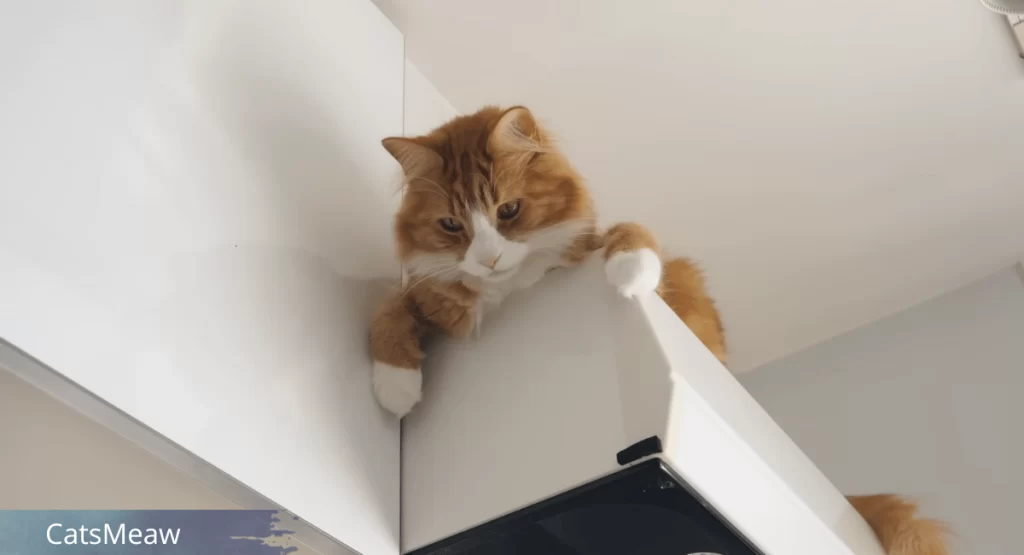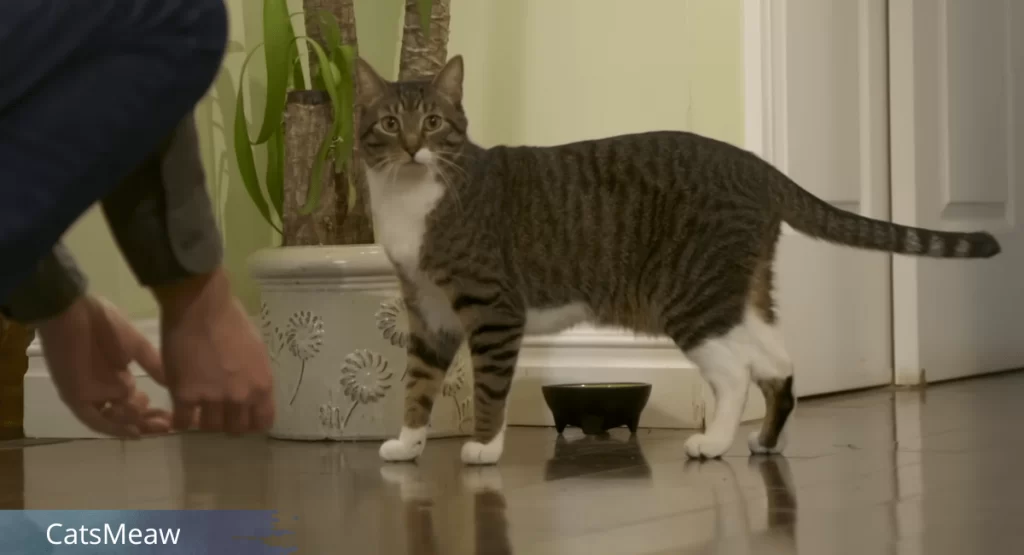The liver can be defined as the “waste recycling device” of animals, and humans. But you must not forget that the liver is a great source of energy for the body and that it works tirelessly to prevent harmful substances from entering the body. Its main function would therefore be to serve as a filter.
In this article, “Hepatitis in Cats: Best Treatment For Your Cat?”, we will guide you on how to care for a cat with hepatitis so that the disease does not become an inconvenience or obstacle to cohabitation with a sick cat. What can help your cat? Read this article to the end for more detailed information!

Table of Contents
What is hepatitis in cats?
We do not want to dwell too much on this subject because we already have a specific article that you can consult on hepatitis in cats but, to better understand how to care for your cat and treat it, we must, at least, define what we are going to face. Hepatitis in cats is an inflammation of the liver, but it does not have a single origin or cause, but several, and some are not yet fully defined.
The most common causes of hepatitis in cats are:
- Hepatic lipidosis in cats: This is an accumulation of fatty tissue in the functional tissue of the liver and the most common cause is prolonged fasting, voluntary or accidental.
- Autoimmune or idiopathic hepatitis.
- Feline cholangiohepatitis: Inflammation of the bile ducts by certain bacteria that have lodged in the intestine and have risen through the canaliculi to the liver, secondarily infecting it.
- Liver tumors
Diagnosis and treatments for hepatitis in cats
If you notice that your cat is listless and has no or little appetite for more than 24 hours, consult a veterinarian for a general examination and a blood test, which will be the definitive confirmatory diagnosis. Although the cat self-administers its food, that is, it eats when it wants to and does not eat when it is no longer hungry, you must be attentive to these long periods of lack of appetite because it can be an alarm of hepatic lipidosis in cats.
Normally, this is accompanied by a refusal to drink water, so the situation can worsen and dehydration can cause other damage such as encephalopathy and / or irreparable damage at the central level.
Related: Cat Not Eating: Causes & Treatments
The treatment will go hand in hand with the care, but it will depend a lot on the state in which your cat is. Since hepatitis in cats can be caused by different causes, you will not detail its treatments. you therefore encourage you to go to a veterinarian in order to establish the correct diagnosis and thus face the most appropriate treatment.
How to care for your cat with hepatitis
When you return home after consulting a veterinarian with your cat, you may have doubts, since it is a disease for which the veterinarian may want to keep the cat for a few days to hydrate and feed it, but, when it begins to get better, you can take it home. The care of a cat with hepatitis that you must take into account are not so many but it is very important that you are attentive.
Our pick: The Best Cat Supplements & Vitamins
In general, cats with hepatic lipidosis do not want to eat, which you cannot allow. In the most extreme cases, the vet may take the decision of feeding and hydrate your cat through a tube. With your collaboration as guardians and sometimes, resorting to appetite stimulants, you can manage to overcome this traumatic and risky stage for the cat.

As a guardian, you must be patient but insistent, trying different types of food, wet food, homemade food that the cat likes to eat such as red meat, chicken, tuna, vegetables, fruits, etc. The main goal for your cat is to eat!
What you must take into consideration is that his liver is failing and you must give him low-fat foods, as they can accumulate in his liver and continue to cause damage. Foods to avoid are: raw garlic and onions, chocolate, fats present in meats (for now, when he recovers, they can be reintroduced) and avocado.
We can help your cat, provided the veterinarian authorizes us to do so, with medicinal herbs that stimulate the cat’s appetite and cleanse his liver. you can make the following choices:
- Brewer’s yeast (mixed with food)
- Boldo
- Dandelion
- Artichoke extract
- Turmeric (grated or powdered)
- Dried alfalfa leaves
We can also resort to homeopathy for cats by consulting a veterinarian who has knowledge in the matter in order to obtain a basic remedy and avoid relapses in your cat.
Among the Bach Flowers, you also have some that can help us at this time such as: chicory, wild apple, honeysuckle, gorse, willow and chestnut.
Related: Most Dangerous foods for cats
Finally, you can do Reiki if you know how to do it or if we ask someone to do it remotely. This will help your little feline feel better and accept the help we are trying to get as quickly as possible.
This article is over! We hope to have informed you a little more about your cat’s health! See you soon on catsmeaw!
